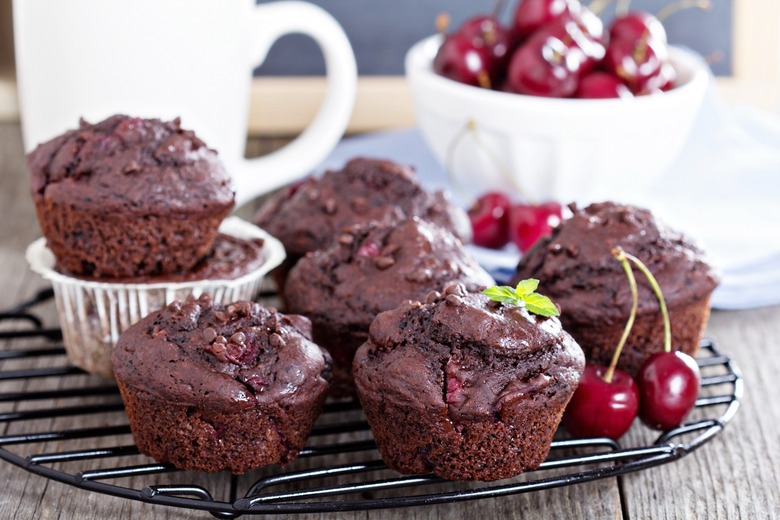'Plant-Based' Doesn't Necessarily Mean Healthy
Let's talk buzzwords. We've all been sucked in. Whether it was gluten-free, vegan, low-fat, or "all natural," you've likely been seduced at least once by the misleading marketing on food labels. Many of these labels are actually meaningless when it comes to your health.
For example: Just because something is gluten-free doesn't mean it's nutritious. Here are some ingredients that are considered gluten-free:
- Butter
- Cornstarch
- Sugar
- Chemical preservatives
You get the picture. And yet, a cookie labeled "gluten-free" is likely to be perceived as the healthier option when in actuality, it might not be — unless you actually have celiac disease. And anyway, those cookies often taste way worse that their glutinous competitors. So Americans seem to be both wasting money and missing out on enjoyment of their dessert just because of a misleading label.
Now, it seems a similar plague has hit the minds of American consumers with products and recipes labeled "plant-based." The term plant-based just sounds so attainably healthy. Plants! Our brains automatically rejoice. Plants are great! We're attracted to links and recipes with catchy terms tacked on the headline because we think we're being promised health on the other side of that link.
However, the majority of foods we eat — with the exception of, of course, animal products — are actually made from plants. So a muffin made with almond flour, tons of coconut oil, and refined sugar could be called "plant-based" accurately. Is this plant-based muffin any healthier than a muffin made with butter, milk, and eggs? No. In fact, it might have less protein and therefore end up being less nutritious.
But here's another caveat: Even the egg- and butter-filled muffin could be called "plant-based." Why? Plant-based gets misconstrued as synonymous with "vegetarian." This is also false. The way some people use the term, "plant-based" just means a food that contains few animal products without eliminating them entirely. Those muffins made with butter? Plant-based, as long as their primary ingredient is wheat-derived flour made from plants.
By searching for these buzzwords and seemingly attractive labels on our foods, we're sometimes overlook what we should really be looking for in nutrition facts. We're allowing ourselves to be fooled by companies that feed us average- or worse-for-you products at a higher price, just because we couldn't spare a second-glance at the label.
Click here for more information on how to actually tell if a food is healthy by looking at the label, instead of just trusting whatever words you saw hashtagged on Instagram.
